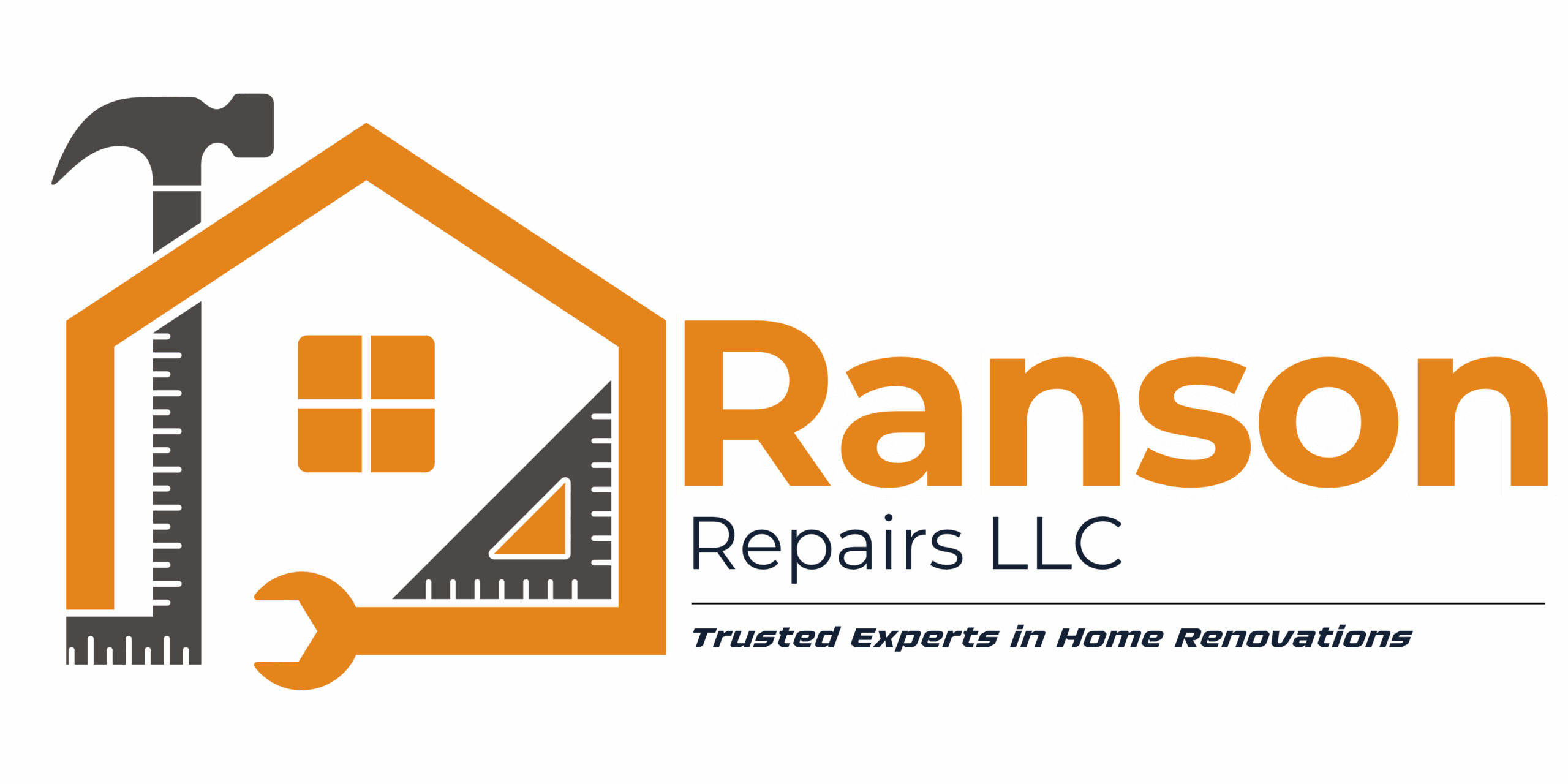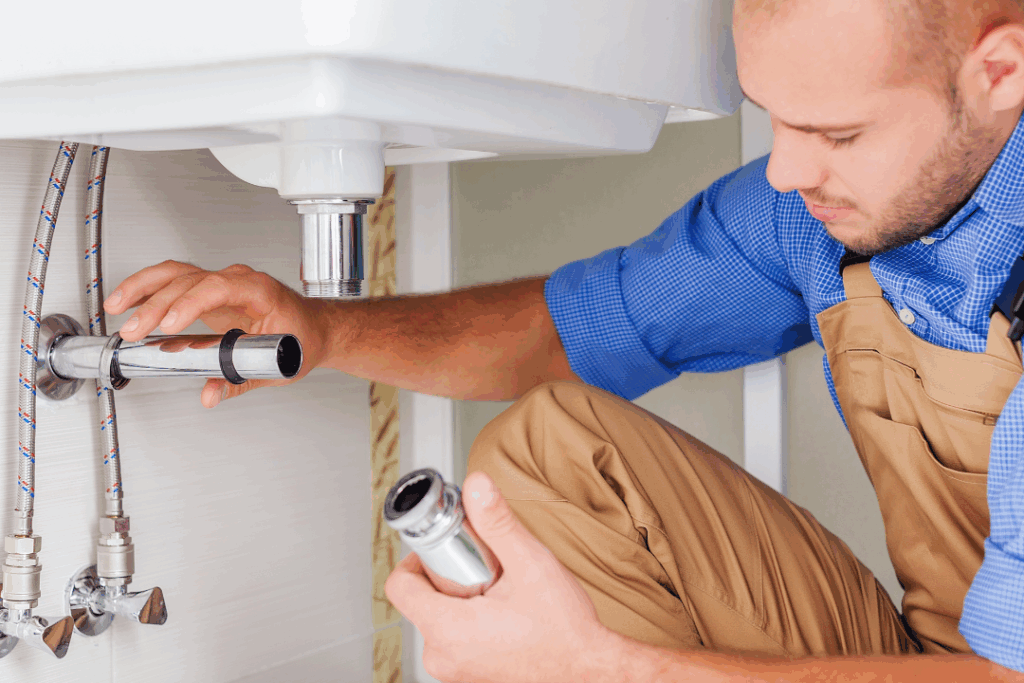Plumbing issues can sneak up on any homeowner, often at the worst possible time. From dripping faucets to major pipe bursts, even small plumbing problems can lead to expensive repairs and water damage. The good news? Most of these common problems are preventable with regular maintenance and a bit of attention.
In this article, we’ll break down the most common plumbing problems found in homes and offer practical tips to help you prevent them.
- Leaky Faucets
Leaky faucets are one of the most common and easily noticeable plumbing issues. Not only do they waste water—up to 3,000 gallons a year in some cases—but they can also drive up your utility bills.
What causes it? Typically, worn-out washers, O-rings, or corroded valve seats.
How to prevent it: Avoid turning faucet handles too tightly, replace worn washers as soon as you notice a drip, and regularly inspect under sinks for signs of moisture.
- Clogged Drains
Clogged sinks, tubs, and shower drains are a frequent frustration. They often result in slow drainage or standing water, especially in bathrooms and kitchens.
What causes it? Hair, soap scum, grease, food particles, and foreign objects.
How to prevent it: Use drain strainers in sinks and tubs, avoid pouring grease down kitchen drains, and flush drains with hot water weekly. For maintenance, use a baking soda and vinegar mix monthly to break down buildup naturally.
- Running Toilets
A toilet that won’t stop running can waste hundreds of gallons of water per day, leading to higher water bills.
What causes it? Usually a faulty flapper valve, corroded overflow pipe, or broken fill valve.
How to prevent it: Test your toilet for leaks by adding food coloring to the tank—if it seeps into the bowl, you need to replace the flapper. Periodically inspect inside the tank and replace old parts.
- Low Water Pressure
Low water pressure can make daily tasks like showering or washing dishes a hassle.
What causes it? Mineral deposits in faucet aerators, pipe corrosion, hidden leaks, or issues with the municipal water supply.
How to prevent it: Clean aerators and showerheads regularly. If you have hard water, install a water softener to reduce scale buildup. Check for leaks if pressure drops suddenly in certain areas.
- Dripping or Leaking Pipes
Leaking pipes are more than just annoying—they can cause major water damage and encourage mold growth.
What causes it? Loose joints, worn seals, pipe corrosion, or freezing temperatures.
How to prevent it: Inspect pipes under sinks and around appliances regularly. Insulate exposed pipes in winter, especially in unheated areas like basements or attics. Fix small leaks promptly before they grow.
- Water Heater Problems
Nobody likes a cold shower, but that’s exactly what you’ll get if your water heater is malfunctioning.
What causes it? Sediment buildup, thermostat issues, broken heating elements, or tank corrosion.
How to prevent it: Flush your water heater at least once a year to remove sediment. Inspect the anode rod every couple of years and replace it if corroded. Schedule professional inspections every 3–5 years for optimal efficiency.
- Sewer Line Backups
This is one of the more serious plumbing issues and can cause significant property damage and health hazards.
What causes it? Tree root intrusion, broken or collapsed pipes, and clogs from flushing inappropriate items.
How to prevent it: Avoid flushing wipes, feminine hygiene products, or excessive toilet paper. Have your sewer line inspected if you notice frequent clogs or a strong sewer smell. Older homes may need periodic camera inspections to check for root damage.
- Sump Pump Failure
A failed sump pump during heavy rain can quickly lead to a flooded basement.
What causes it? Power outages, clogged discharge lines, or pump malfunction.
How to prevent it: Test your sump pump regularly by pouring water into the pit. Make sure the discharge pipe is clear. Consider a battery backup system in case of power failure.
- Frozen Pipes
In colder climates, frozen pipes can burst and cause extensive water damage.
What causes it? Poor insulation and exposure to freezing temperatures.
How to prevent it: Insulate pipes in unheated areas, keep your thermostat above 55°F during winter (even when away), and let faucets drip on extremely cold nights to keep water moving.
- Noisy Pipes (Water Hammer)
Loud banging or knocking noises when turning off water can indicate a plumbing problem called “water hammer.”
What causes it? Sudden stopping of water flow creates shockwaves in the pipes.
How to prevent it: Install water hammer arrestors or air chambers. Secure loose pipes with pipe straps. If it persists, consult a plumber to inspect pressure levels or faulty valves.
Final Thoughts
Many of the most common plumbing problems are entirely preventable with regular checks, a little DIY maintenance, and timely repairs. The key is catching issues early—before they turn into expensive emergencies.
When in doubt, or if a problem keeps coming back, don’t hesitate to call a licensed plumber. Regular professional inspections, especially for aging homes, can save you thousands in long-term repairs.
Stay ahead of your home’s plumbing needs, and you’ll enjoy fewer headaches, cleaner water, and peace of mind.

